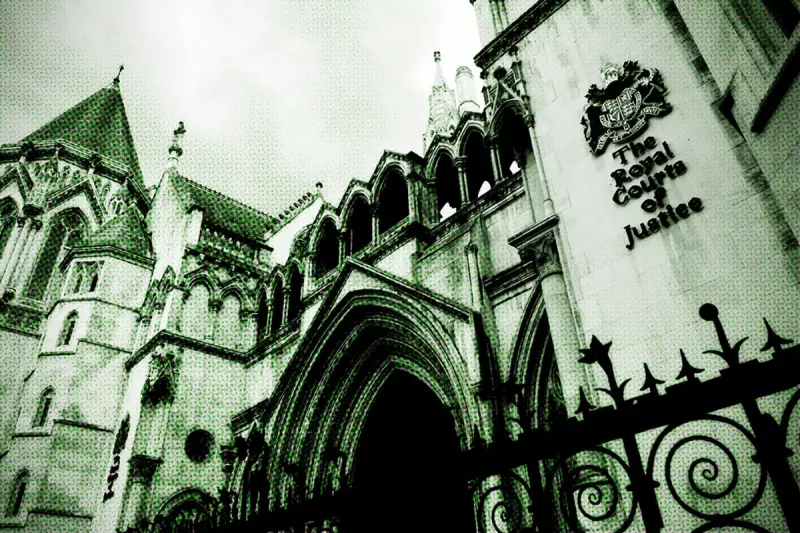
A sweeping legal gag order has been imposed on British media outlets, prohibiting them from reporting on a sensitive case involving the Ministry of Defence. This extraordinary measure, known as a superinjunction, not only bans publication of the details but even prevents journalists from acknowledging the existence of the order itself.
What We Know About the Secret Order
The injunction was granted by the High Court, though the specific judge and exact date remain undisclosed. Legal experts suggest such extreme measures are typically reserved for matters of national security or cases that could compromise ongoing operations.
While the subject matter remains officially confidential, sources indicate the case involves:
- Potentially embarrassing information for the MOD
- Concerns about operational security
- Possible implications for serving personnel
Press Freedom Concerns Raised
Media organisations have expressed alarm about the growing use of such draconian measures. "This represents a dangerous erosion of press freedom," said one senior editor speaking anonymously. "When the public can't even know what they're not being told, democracy suffers."
The order follows several high-profile cases where superinjunctions were used to suppress reporting on:
- Celebrity scandals
- Corporate misconduct
- Political controversies
Legal Experts Weigh In
Constitutional law specialists note that while courts have authority to issue such orders, they should be "exceptional and narrowly tailored." The breadth of this particular injunction has raised eyebrows in legal circles, with some questioning whether less restrictive measures could have achieved the same objective.
The Ministry of Defence declined to comment when approached, citing the ongoing legal proceedings.





